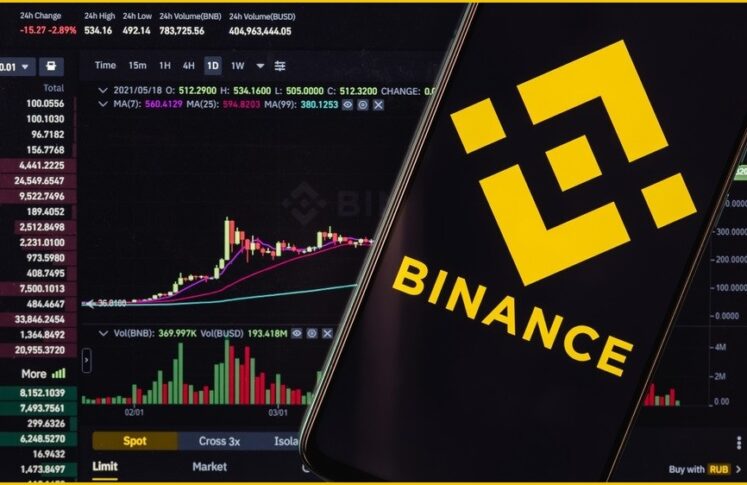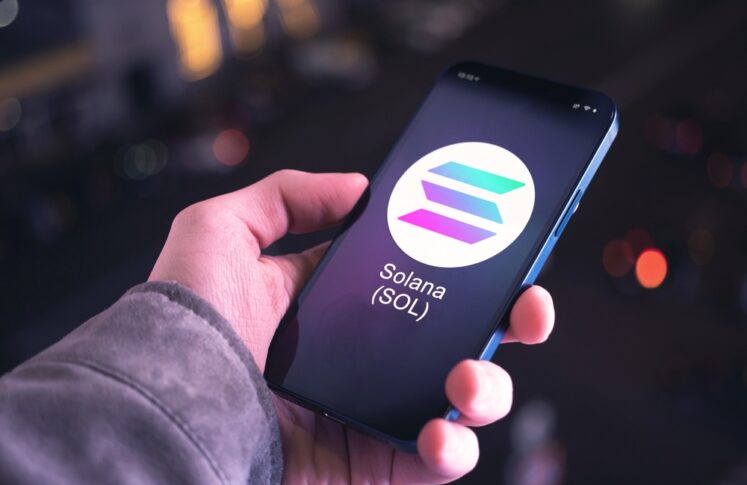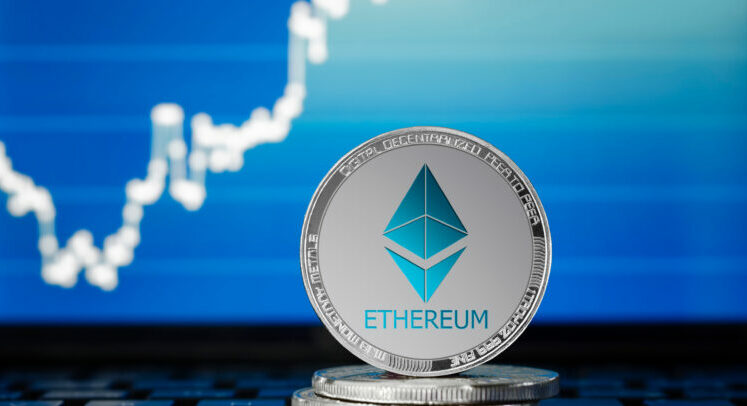In the past 24 hours, the cryptocurrency community has been grappling with a notable surge in transaction fees on both Ethereum and Bitcoin, sparking renewed conversations about the necessity for scalability solutions and the efficacy of layer 2 networks. As always Casino Colada is here to keep you informed of the latest trends in the financial world.
CasinoColada – Escalating Costs: A Strain on Users
Crypto users were quick to share screenshots depicting staggering double and occasionally triple-digit transaction fees on Ethereum and Bitcoin. Ethereum’s gas fees reached an astonishing $220 for high-priority transactions, with other transactions touching the $100 mark. Conversely, Bitcoin users reported fees of around $10 for high-priority transactions, marking a significant uptick considering that the average Bitcoin transaction cost has held steady around $1 over the past three months, according to BitInfoCharts. These fees on Bitcoin haven’t been seen since May. For the best crypto casinos of fall 2023, make sure you visit our pages!
CasinoColada – Impact on Financial Inclusion
In a recent test transaction on the decentralized exchange Uniswap, a $45.65 network cost was incurred for a $300 transfer from an Ethereum hot wallet. This spike in gas fees has prompted advocates of alternative blockchains, such as Solana, to underscore the cost-effectiveness of transactions on their networks.
One user on X (formerly Twitter), known as “Bobby Apelrod,” pointed out that Solana charges only $55-60 per minute for all its users, in stark contrast to Ethereum users who, in his words, pay the same amount for a single transaction. Network fees are dynamic and vary based on demand and network congestion. While increased on-chain activity is common during bullish markets or periods of strong market sentiment, it inadvertently impacts lower-income users.
CasinoColada – Concerns about Financial Inclusion
The rising fees have raised concerns about financial inclusion, with users questioning how this surge benefits the unbanked and lower-income populations. Lopez, a concerned user, shared a “high priority” Bitcoin transaction fee of $10.50 on November 9, emphasizing the potential adverse effects on users with limited financial resources.
Before the recent fee spike, Ethereum transaction costs averaged $11.35 on November 8, according to BitInfoCharts. In contrast, just a few weeks earlier on October 14, fees had dropped to $1.40, marking the lowest level recorded in 2023. Ethereum’s gas fees previously peaked at $196 on May 1, 2022, with consistently high fees ranging above $20 from August 2021 to February 2022.
CasinoColada – Strategic Approaches to Scalability
Developers of Bitcoin and Ethereum opted for a strategy that prioritizes decentralization and security at the base layer, utilizing layer 2 networks to alleviate much of the execution load and make transactions more affordable. Bitcoin employs the Lightning Network for scalability, while Ethereum features various layer 2 solutions like Arbitrum, Optimism, and Polygon. Despite transactions costing less than $1 on these layer 2 networks, there remains an ongoing debate within the community about the most effective approach to address scalability concerns.
CasinoColada – The Way Forward: Navigating the Complexity
As the crypto community grapples with these soaring transaction fees, the path forward remains complex. The inherent tension between maintaining decentralization and achieving scalability prompts ongoing discussions about the future of blockchain networks. While layer 2 solutions offer promise in mitigating costs, striking the right balance to ensure broader financial inclusion and user accessibility is an intricate challenge that the crypto space must navigate. As the debate evolves, the industry is compelled to explore innovative solutions to achieve a scalable, efficient, and inclusive decentralized financial ecosystem.
The Author


